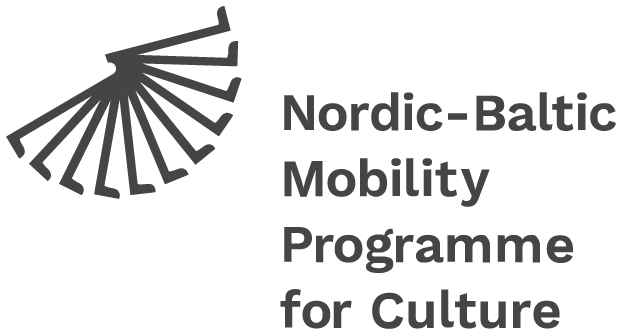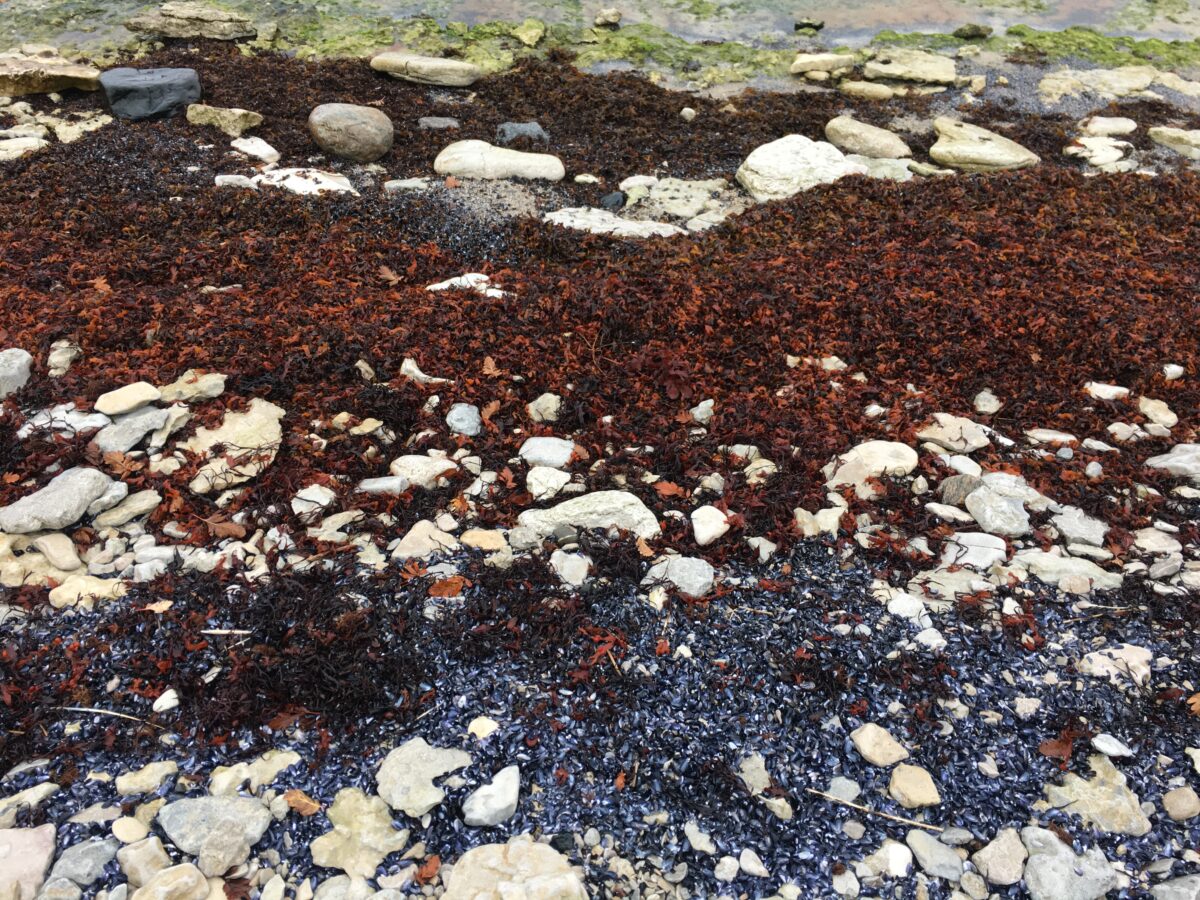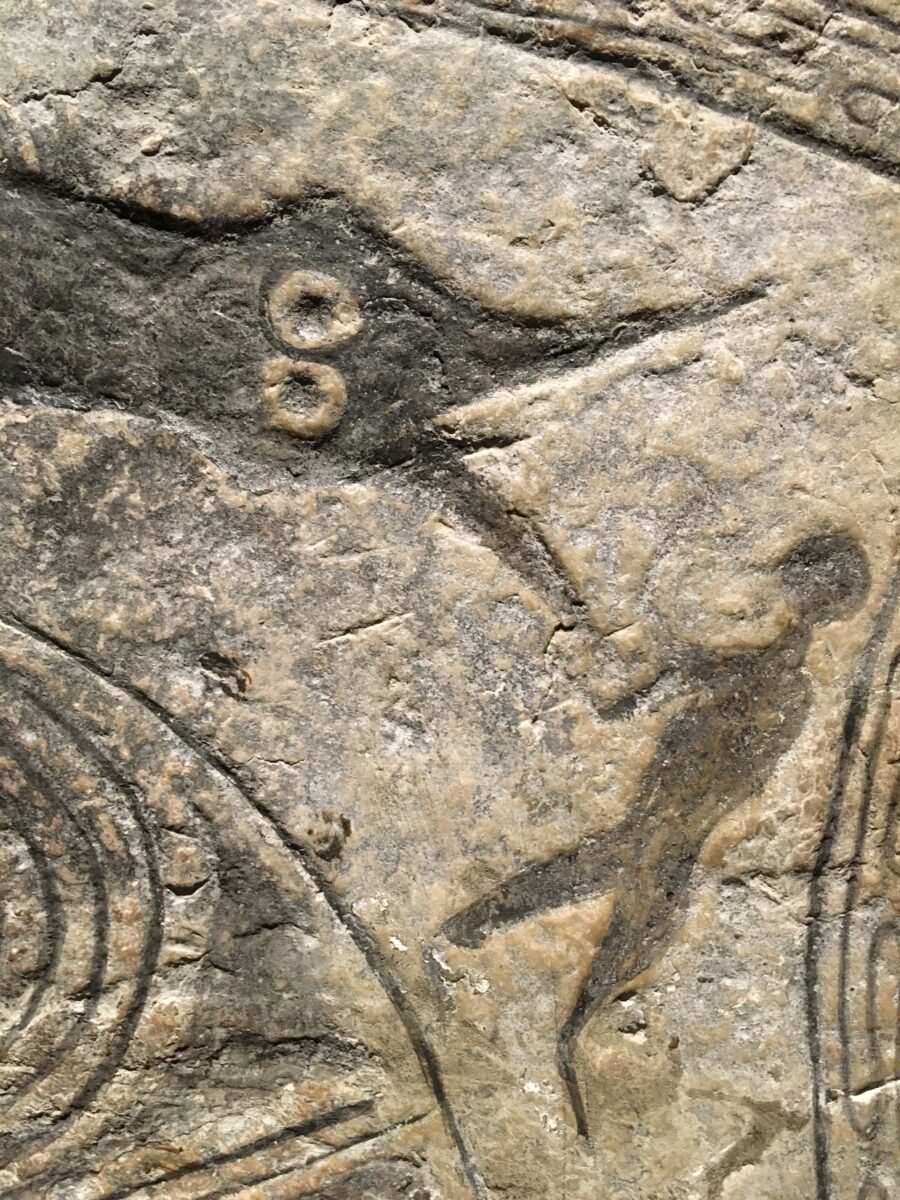Red Herring
The Red Herring network brings together artists and scientists across the Baltic Sea to address the intertwined ecological and societal changes affecting the shared marine environment and the communities around it. Its goal is to create a platform and methods for interdisciplinary collaborations that attend to the specificities of different island contexts, but also weave connections between local, regional and planetary scales. Centring environmental phenomena, the network strives to open up novel perspectives on the interdependency of ecological, cultural, geopolitical and socio-economic changes, histories and possible futures.
The current pilot phase of Red Herring focuses on the development of a long-term network between three islands, where the partner organisations are based: Seili in Finland, Gotland in Sweden, and Hiiumaa in Estonia. The activities of the network in 2024-25 are structured around research visits that bring together the partners with artists and scientists working on the three island contexts. The site visits engage local scientists in the development of the collaborations, grounding the long-term network plans in scientific data and interdisciplinary perspectives. Artists with locally embedded environmental research focus are invited to share their approaches alongside the scientists. The aim of the fieldtrips is to reflect on the potential and challenges of transferring situated practices between places, and to consider what kind of curatorial mediation and support structures long-term collaborations will require, in each specific context and in between them.
The research visits focus on key marine species in each location as focal points for interdisciplinary dialogue on how the entangled cultural and natural histories affect the present and the possible futures. The network takes the Baltic herring as a starting point, “a political animal” which allows insights into the transformations of the Baltic Sea region from diverse perspectives. Moreover, fish act as more-than-human guides in the network activities, and not solely as objects of study, while fieldwork methods centre the ecologies as mediators in the dialogue between disciplines. The network also develops tidalectic approaches across the sea that move between local, regional and planetary perspectives to attend to their complex interdependencies and irreducible differences, necessary for understanding, for example, both climate change and geopolitics.
The Red Herring network is co-organised by CAA, Baltic Art Center BAC and Kordon Residency with support from the Nordic Culture Point.
The first research visit to Gotland, hosted by Baltic Art Centre, took place in October 2024. The network will visit Hiiumaa and Kordon in February 2025, and Seili with CAA in April 2025.


